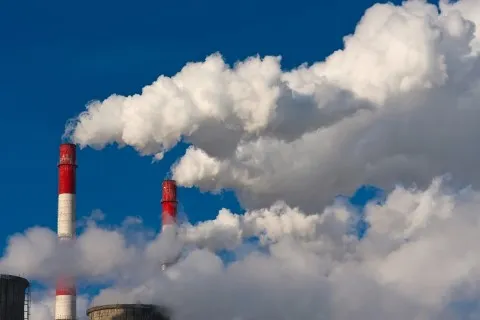
Will Indonesia give in to environmental pressure and boost renewables sector?
Its annual consumption growth of 6.9% must be considered.
According to BMI Research, growing international pressure on Indonesia to adopt a more stringent environmental policy will boost the country's renewable energy industry and facilitate greater inflows of investment from international financial institutions and governments.
The country's underdeveloped geothermal sector will benefit significantly, and BMI believes that Indonesia will emerge as Asia's largest geothermal market by the end of their forecast period in 2024.
Here's more from BMI:
The Southeast Asian haze crisis, driven by slash and burn clearing in Indonesia - which has caused severe air pollution in neighbouring countries - has turned the spotlight on Indonesia's environmental sustainability practices. Already a significant emitter of greenhouse gases (GHG), particularly from slash and burn policies whereby vegetation is cut down and burned as a method of clearing land for agricultural purposes, the fires of 2015 have released more GHG every day than the US, according to the World Resources Institute.
Furthermore, Indonesia is reliant on coal for almost 50% of its electricity generation, and given that power demand will surge over the coming decade, the country's emissions profile is on course to worsen. We expect power consumption to grow by an annual average of 6.9% between 2015 and 2024, driven by robust economic growth and remote island electrification programmes.
The growing recognition of the emissions problem in Indonesia, catalyzed by the haze crisis and the country's thermal-heavy energy profile, is putting greater international pressure on Indonesia to adopt more stringent environmental policy. The Indonesian government already has targets in place to reduce emissions and increase the share of renewable sources in the energy mix. However, we believe this mounting environmental pressure will boost the country's renewable energy industry and facilitate greater inflows of investment from international financial institutions (IFIs) and governments - increasing the chances of these climate change targets to be realised.













 Advertise
Advertise











